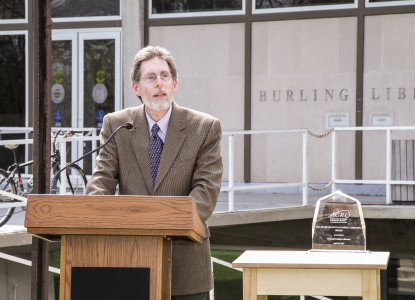
Susanne Bushman, Arts Editor
bushmans@grinnell.edu
Grinnell mourns the loss of Richard Fyffe, the director of the College libraries, this week after he passed away on Thursday, Nov. 5. Fyffe led the library for nearly 10 years until his diagnosis with ALS forced him to step down from his position as the Samuel R. and Marie-Louise Rosenthal Librarian of the College. His colleagues remember him as a truly modern librarian and artful leader who helped transform Grinnell College Libraries into a library at the front of its field.
“He loved books. He loved learning of all kinds. … He was a real lover of knowledge and he wanted to spread that at all times,” said Professor Sarah Purcell, History. “He was a philosopher—he was an expert in Philosophy. He read widely in academic journals and was just someone who was a learned person and really interesting. He brought that intellectual excitement into the libraries.”
Fyffe was hired in 2006 and brought with him a new vision for what the libraries could be.
“At lot of what Richard did was to try to move Grinnell from being somewhat behind the times to being a really cutting edge library, which is where the libraries really are now,” said Julia Bauder, Interim Library Director.
During his time at Grinnell, the library was awarded an Excellence in Academic Libraries Award from the Association of College and Research Libraries in 2011.
Fyffe focused on improving the library for students, which included transforming the first floor of Burling Library into a collaborative workspace for peer mentoring and tutoring, and overseeing the implementation of Kistle Science Library. The ability to help students achieve their goals was one of the things that drew Fyffe to Grinnell.
“His background was in special collections and archives and he had worked at private libraries, museum and institute libraries and universities in Connecticut and Kansas, but after having done that he wanted to come to a liberal arts college,” said Chris Jones, Special Collections Librarian and Archivist of the College. “He related really well to students and he cared about them a lot. … One of the reasons he came here was to work really closely with faculty and librarians and everyone else, too, but it really, I think, was the contact with the students.”
Another one of Fyffe’s many accomplishments included assembling structures of librarians that work together as teams on different projects as well as greatly increasing the libraries connections to the academic departments.
“He wanted the libraries to make sense to and be relevant for the students and faculty,” Jones said. “He saw librarians as doing a lot more than … maintaining a website and putting stuff in the catalogue. It was a lot about having librarians in … close contact with departments and collaborating with faculty members to help teach students and to get the materials in the library both print or digital form that was going to work for them and that they needed.”
Fyffe was committed to making learning more widely accessible, and he pioneered initiatives like Digital Grinnell, which shares faculty and student work for free to the public. Open-access to primary sources and information literacy were just some of Fyffe’s many missions as a librarian.
“Richard was a librarian who had a transformative impact on the library but he also went outside the library,” said Mike Latham, Dean of the College. “This is a librarian who became the chair of the science division, a librarian who pretty much authored the College’s intellectual property policy, who was a real advocate for a lot of our work in the digital humanities, in thinking about teaching with technology and thinking about how we could promote student research at the college. He became, I think, a really eloquent faculty leader and that was really one of the things that was most striking about him.”
By connecting the library to departments and being involved in so many aspects of the college community, Fyffe changed the libraries’ role within the institution.
“Richard developed a very high degree of trust and confidence in the faculty to the point where the library became actively involved in all these discussions about the curriculum itself, about the work of teaching and learning,” Latham said.
Fyffe was also active within national library associations, making him well-known around the country and allowing the library to collaborate with other libraries to create library consortiums. He was a leader in the Iowa Private Academic Library consortium and was the co-chair of the American Library Association Scholarly Communications Committee.
Fyffe was also greatly admired for his quiet yet persuasive leadership style. While his position gave him ultimate decision making power, he never wielded it recklessly, but chose to consult with his staff on every issue.
“He was an incredible leader. He was a very quiet, confident leader and a very gentle soul. Extremely willing to do as much work as anyone put in front of him but leading by example. Not someone who was bullying or pushy at all but very tenacious and very willing to work with those above and below him to get things done,” Purcell said.
“Much of the time I would say that I felt I was working with him and not for him,” Jones said. “He would listen to people. He knew he had to make decisions and have a vision and move us in directions, but he did listen to you and he asked for input a lot. He didn’t just do what he wanted to do.”
Fyffe was a mentor to many of the current members of the library faculty and staff and his leadership style demonstrated the way he valued his colleagues.
“As Richard was mentoring me, he was very patient with me. He listened a lot,” Jones said. “He was very good at recognizing and valuing people’s capacity and potential.”
“Richard built an extremely capable, extremely supportive, very efficient staff. So, they are a remarkable team and I think that was one of his accomplishments,” Latham said.
Richard Fyffe was greatly admired for his vision, leadership and kindness and, needless to say, will be missed by many.
“Foremost, I would say it was both an honor and joy to work with him and I feel really fortunate,” Jones said.
“I’m so glad that we had him here for the time that we had him, because I think his mark on the institution is probably deeper than many, many people will realize,” Purcell said. “People should just stop and appreciate that because it will be felt for a long time. He will not be forgotten.”













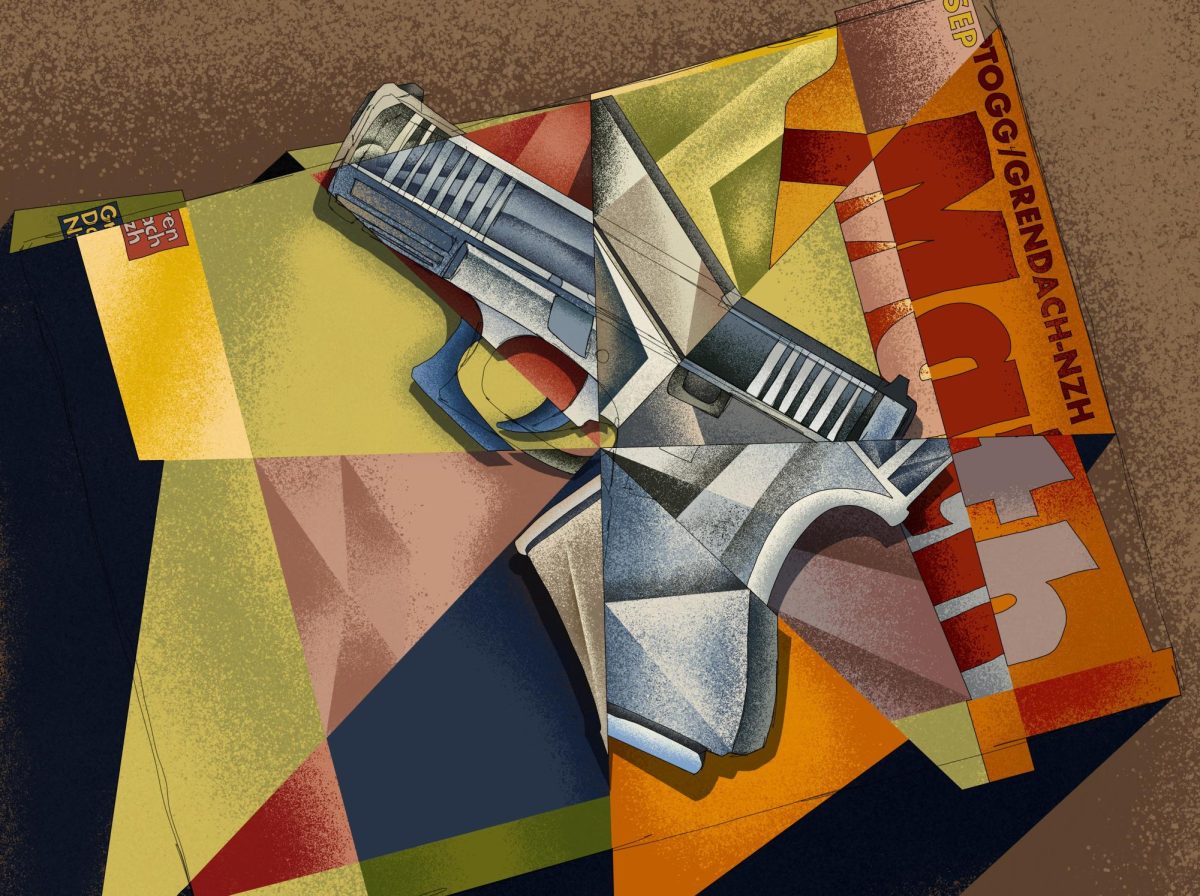

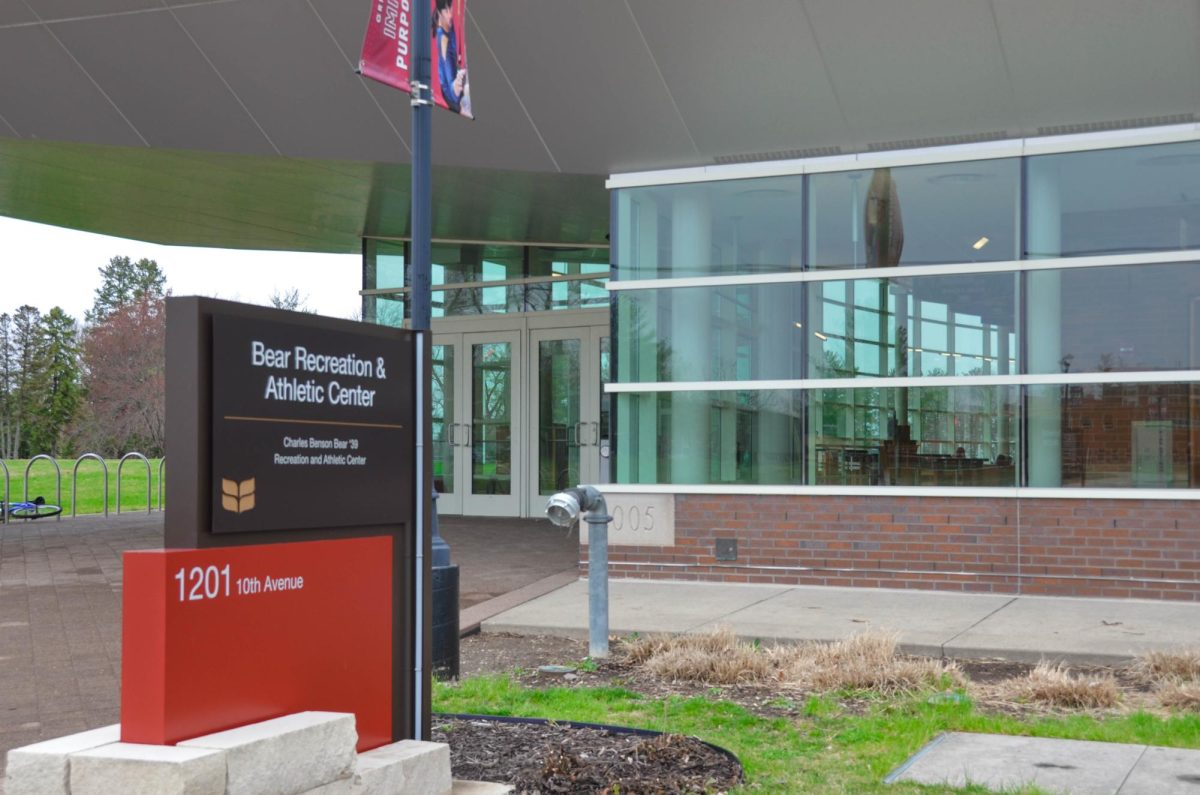






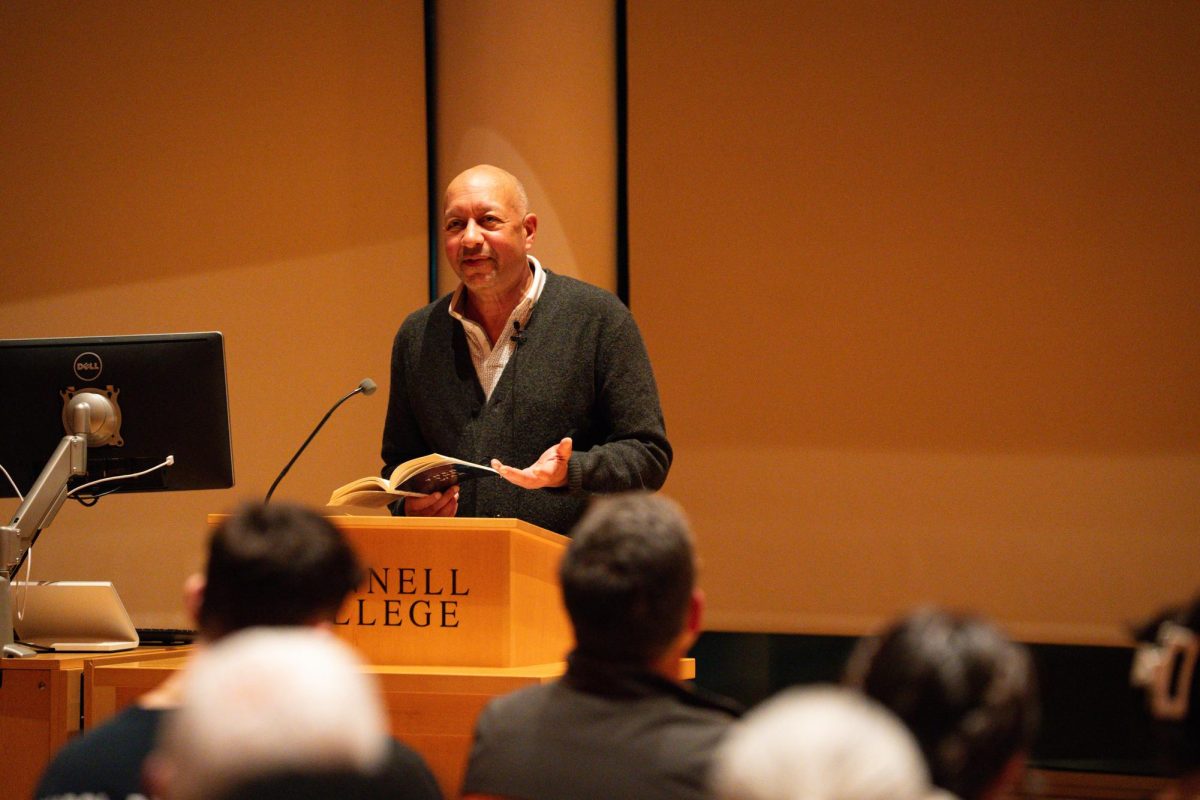




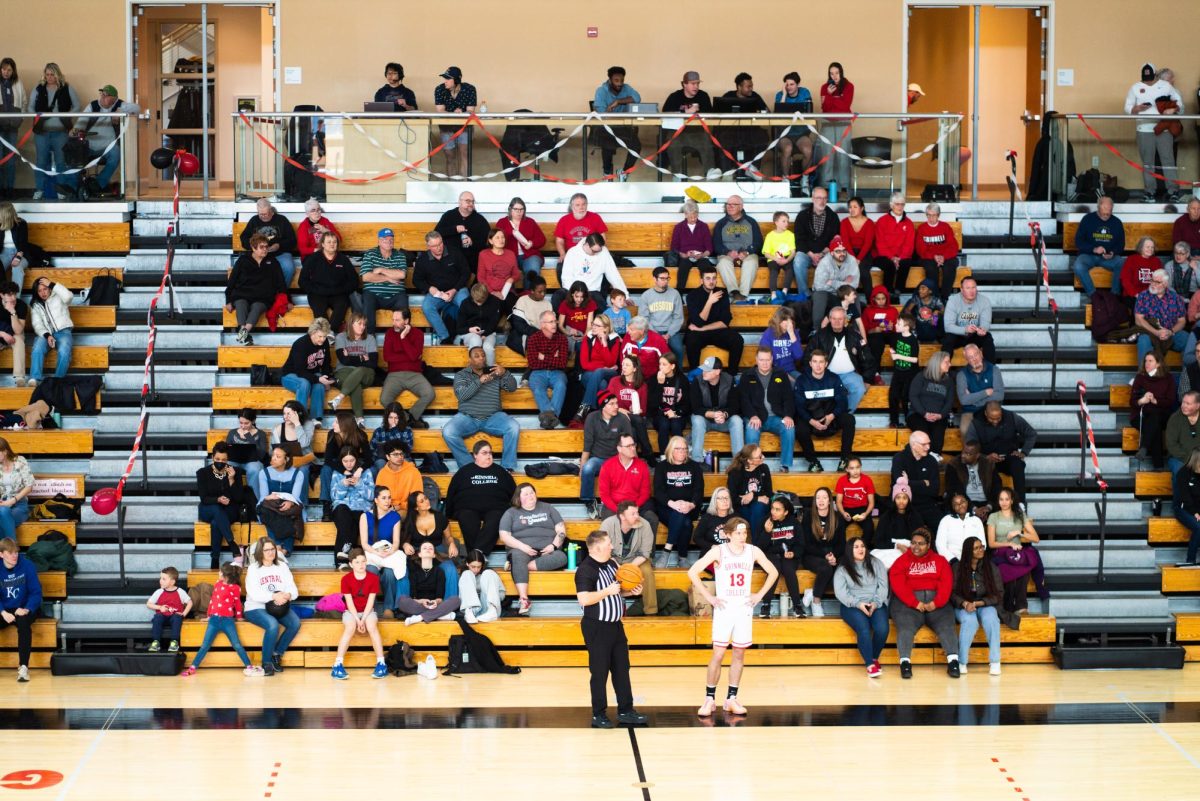
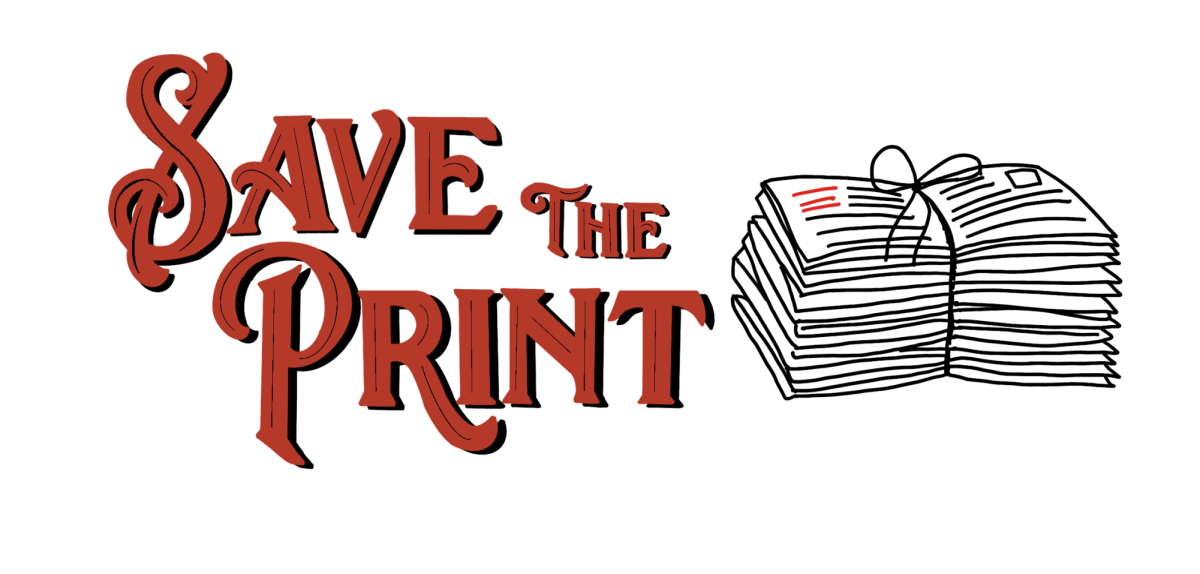











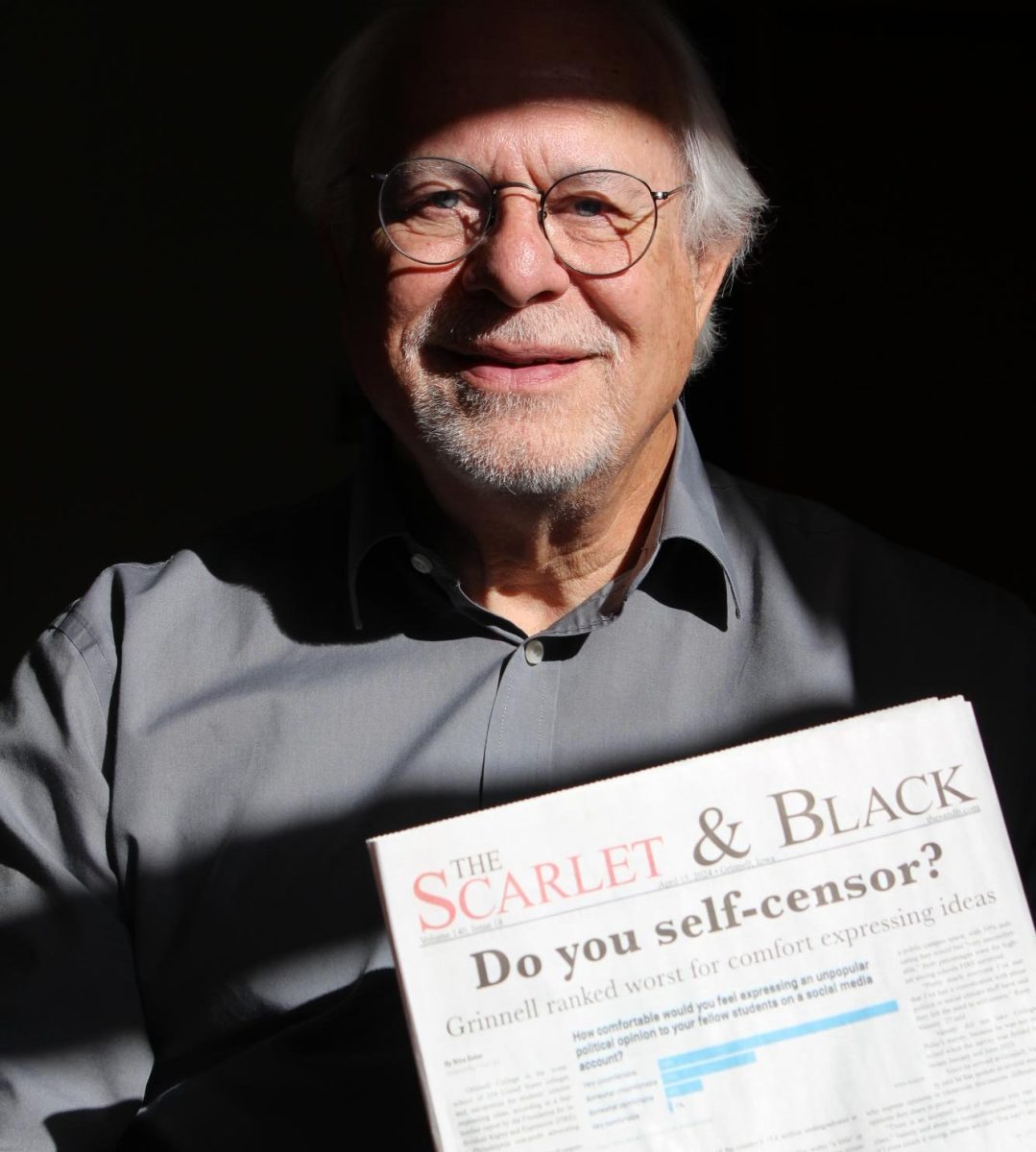
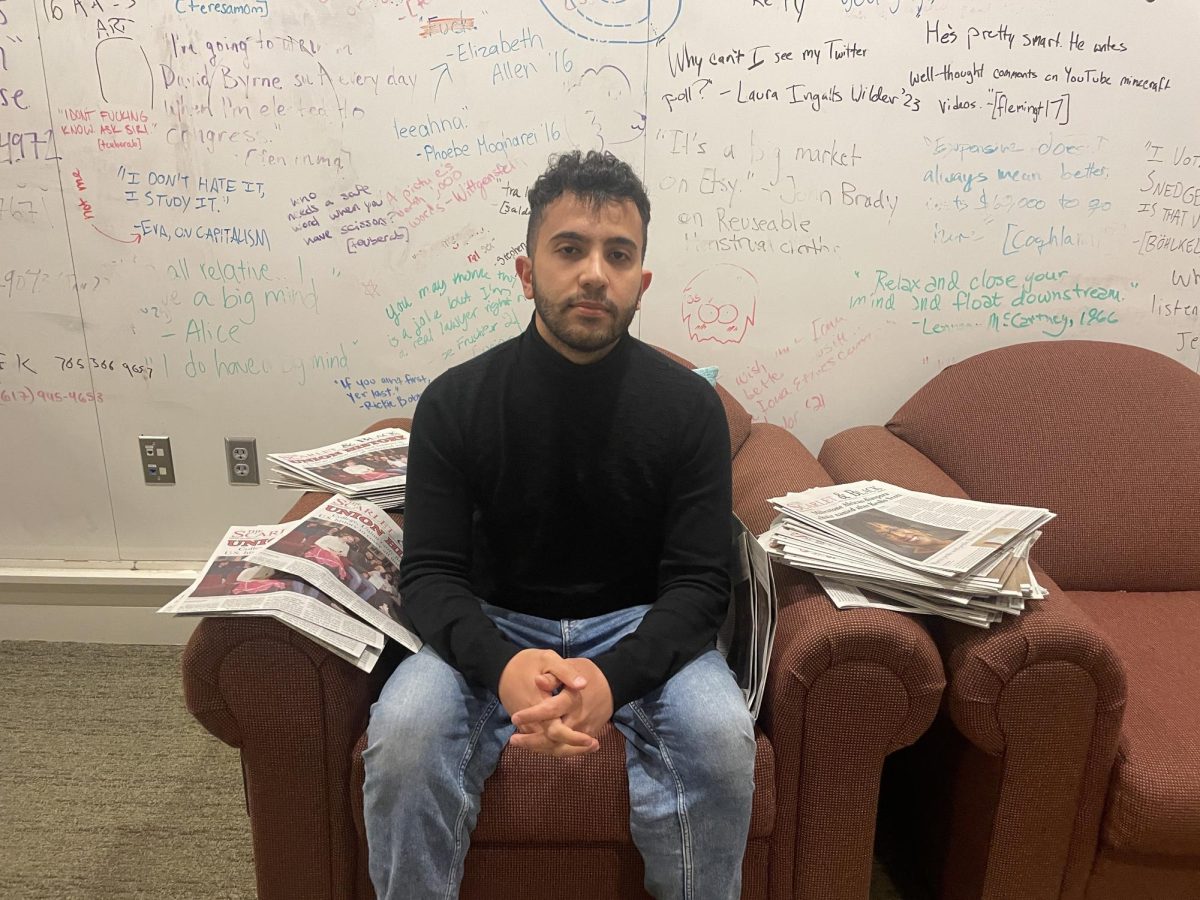
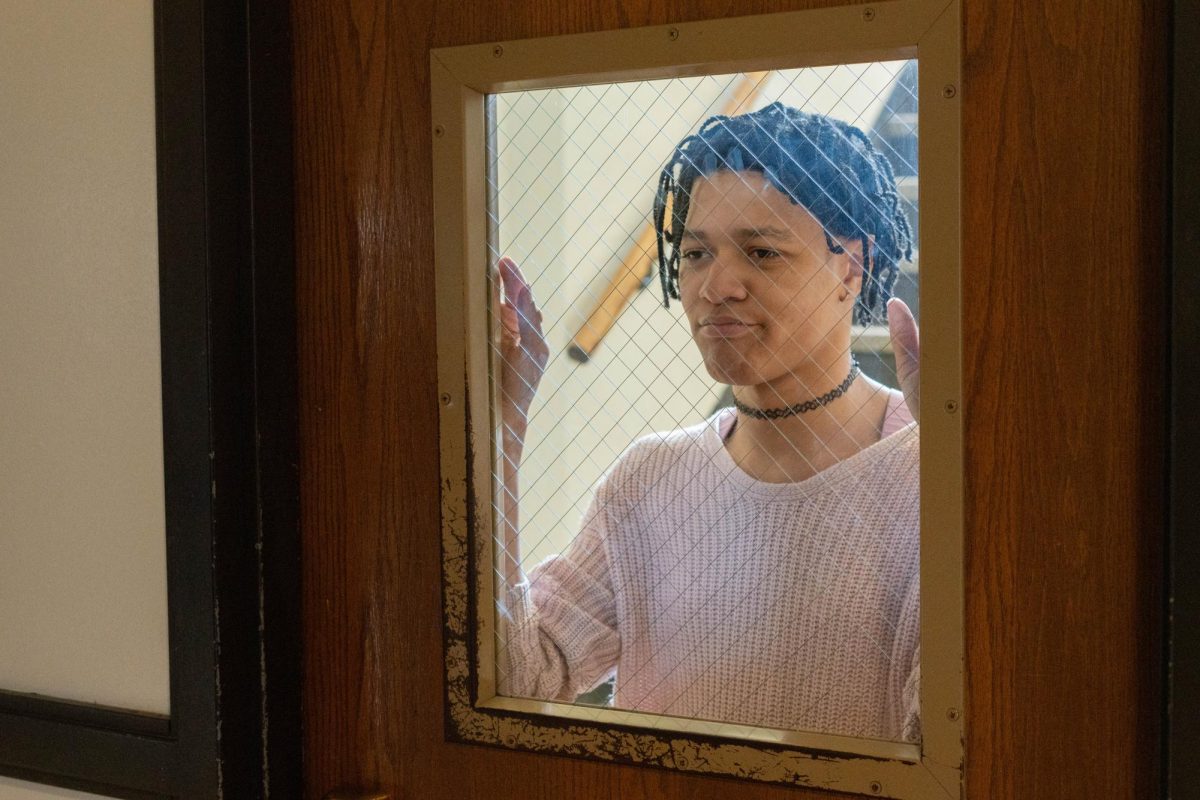


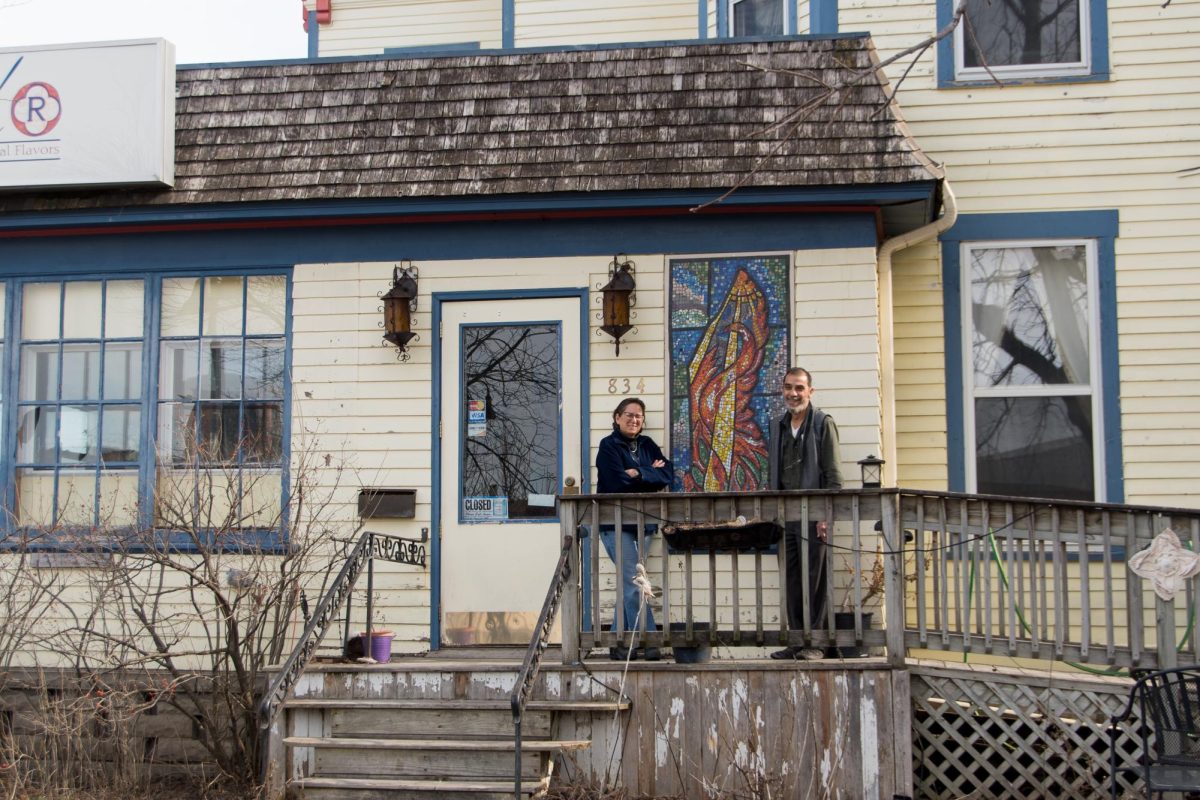
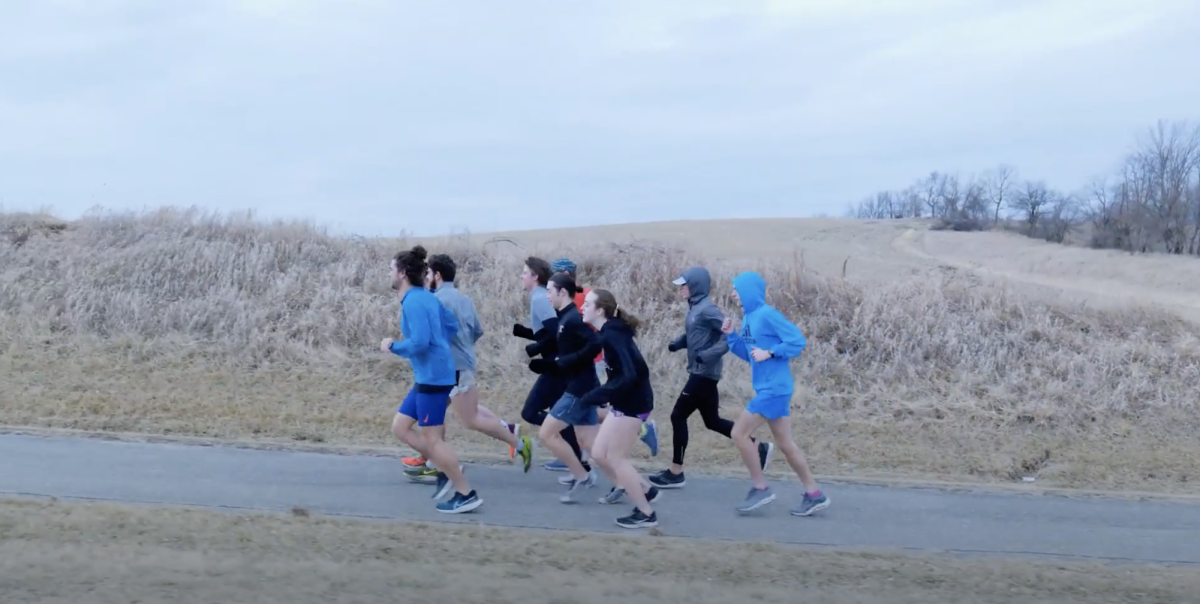



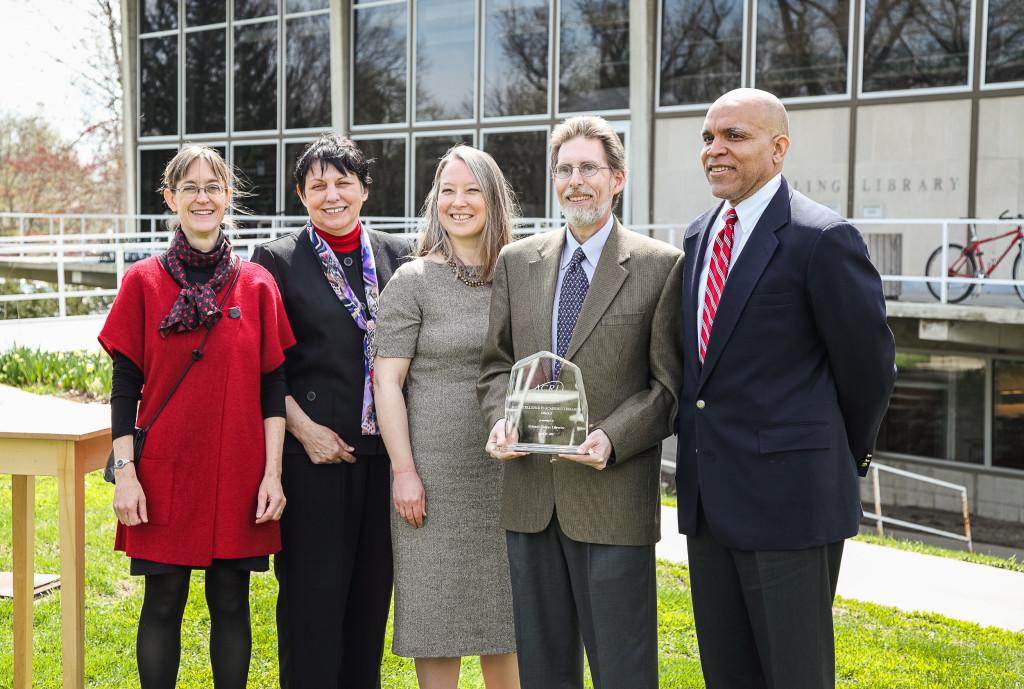
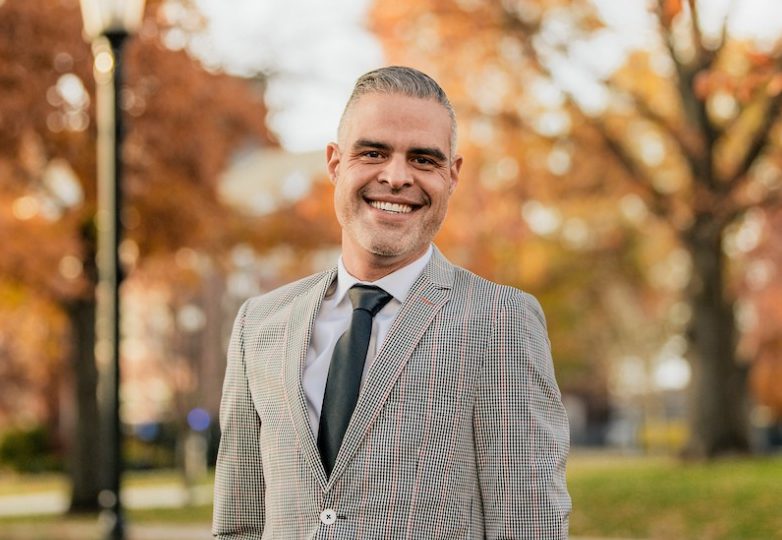





Paula Smith • Nov 13, 2015 at 8:43 am
Susanne,
Thank you for writing this piece. It stands as tribute to a truly important figure at the College and commemorates a deep loss.
–P. Smith–